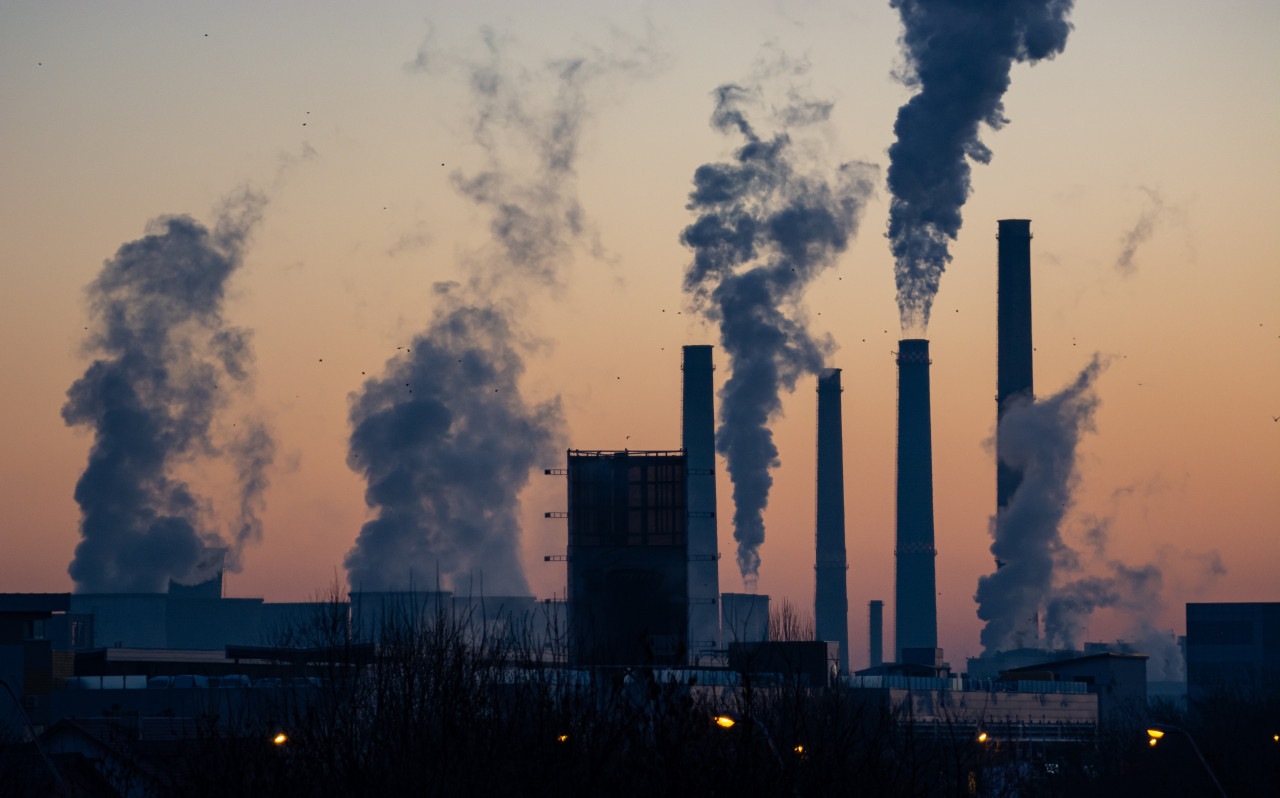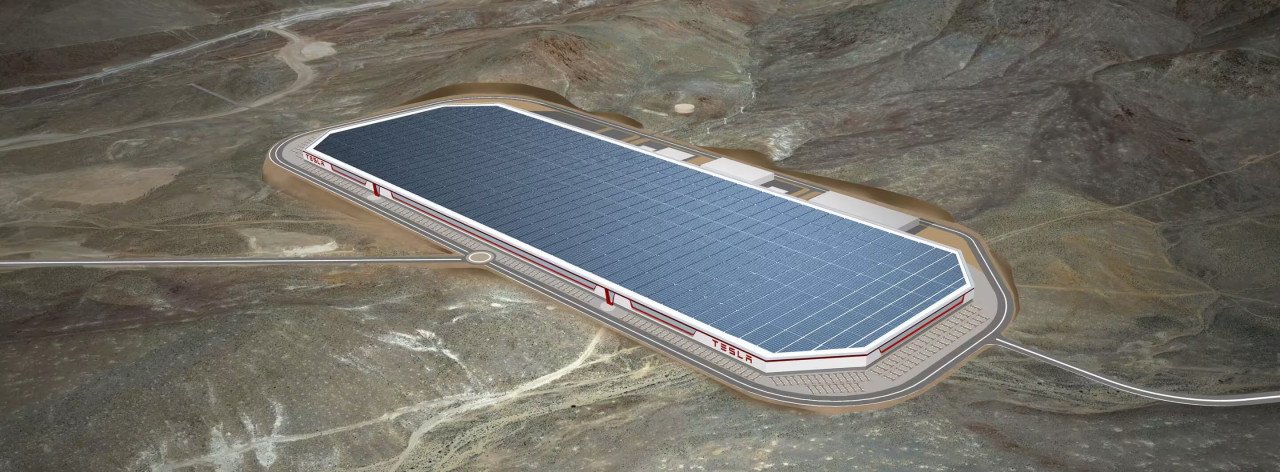Weekend Roundup: EU may ask COP28 to phase out oil & coal, Italy gets 16 MTPA carbon storage capacity, and more
The EU could push for a global deal to phase out fossil fuels at COP28, a review of the bloc's draft negotiating position shows. Almost 200 countries are expected to attend the climate summit to be held in Dubai in November to discuss ways to combat climate change. Last year, more than 80 nations backed a proposal to phase out fossil fuels, but ran into opposition from Saudi Arabia and other oil and gas-rich nations. Earlier this year, the UAE's environment minister suggested countries look at phasing out emissions rather than fossil fuels, by adopting carbon capture.
Italian oil company Eni and gas grid operator Snam have detailed plans to set up their country's first carbon capture storage (CCS) project. The CCS site, off the Adriatic coast, will store around 16 million tons of CO2 a year, equivalent to almost half the net annual emissions of Italy's most carbon-intensive industries, such as steel, cement and chemicals. Oil companies are showing increasing interest in carbon capture. Shell is investing more than $15 billion over 2023-25 for low carbon solutions that include CCS, ExxonMobil is buying carbon capture firm Denbury, and Oxy has purchased Carbon Engineering Ltd.
Enel is betting on higher-efficiency solar panels to take on Chinese dominance in the sector. The head of the energy company's Italian operations said solar panels made at its plant in Sicily would convert 30 percent of sunlight into power, compared with an average of 20 percent for rivals. Enel is investing €600 million to increase the plant's capacity from 200 MW at present to 3 GW by 2024, making it Europe's largest producer of "bifacial" solar panels, which generate power from both sides.
Europe depends on China for 65 percent of the components used in its energy transition, according to a report jointly brought out by the Enel Foundation, a research agency for the Italian energy company. The continent could still break free though. The report suggests betting on innovative technologies, increasing recycling capacity and properly utilizing available funds could enable the bloc to locally source more than half the solar PV panels it would require by 2030. In case of batteries, localization could hit 90 percent, and for heat pumps, more than 60 percent, the report said.
Japan is lending Jordan $100 million to help the kingdom reform its electricity sector. The agreement was signed by foreign ministers Yoshimasa Hayashi and Ayman al Safadi. Japan is among Jordan's main donors, and has contributed over $4 billion in loans, aid and technical support. The country has taken a special interest in strengthening ties with the Middle East. In July, Japanese PM Fumio Kishida wrapped up a tour aimed at securing energy supplies and promoting Japan's high-tech prowess.





















